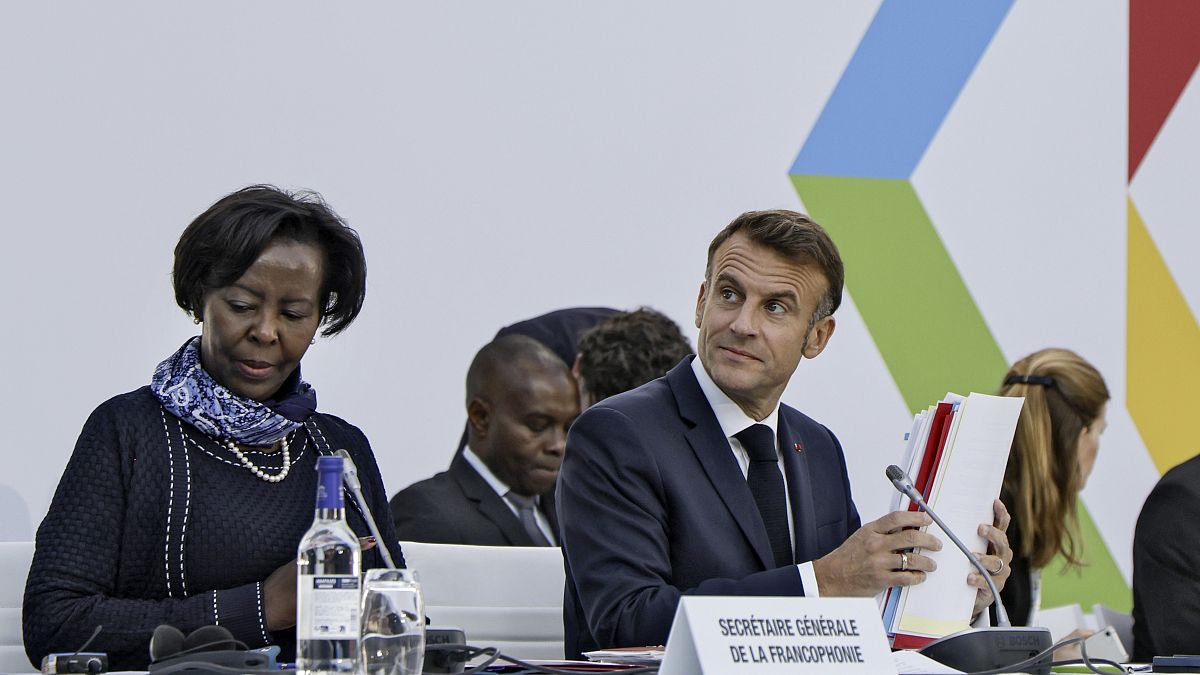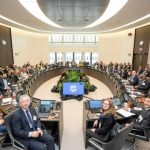The 19th Francophonie Summit in Paris saw French President Emmanuel Macron call for an immediate ceasefire in Lebanon in response to the ongoing Israeli ground operation that has killed and displaced thousands. Macron stated that 88 predominantly French-speaking countries collectively supported the ceasefire and approved an international conference to support Lebanon. The group unanimously expressed solidarity with Lebanon and emphasized the need for peace and security in the region. Lebanon’s Foreign Minister Ziad Makary also reiterated the call for a ceasefire and diplomatic solution, highlighting the ongoing Israeli strikes and the recent assassination of Hezbollah leader Hassan Nasrallah.
Despite the calls for a ceasefire, Israel’s Prime Minister Benjamin Netanyahu criticized Macron’s comments and rejected the idea of France suspending arms sales to Israel. Netanyahu defended Israel’s actions, stating that it was defending itself against the forces of barbarism led by Iran on seven fronts. He criticized Western leaders for considering arms embargoes against Israel while Iran continues to support terrorist groups like Hezbollah, the Houthis, and Hamas. Thousands of protesters in Paris demonstrated in support of Lebanon and Gaza and called for an end to French arms sales to Israel, accusing the government of complicity in the ongoing conflict.
France has been a key supporter of Israel for years, with the country issuing 767 export licenses to Israel since 2015 and selling an average of €20 million worth of military equipment annually. In April, 11 NGOs in Paris, including Amnesty International, filed a court case to halt France’s arms sales to Israel, citing the targeting of civilians in Gaza. However, the court rejected the request in May, allowing the arms sales to continue. The ongoing conflict between Israel and Lebanon has raised concerns globally, with calls for an immediate ceasefire and diplomatic solutions to de-escalate tensions in the region.
The Israeli ground operation in Lebanon, launched in response to Hezbollah positions near the Israeli border, has resulted in significant casualties and displacement on both sides of the border. The almost daily cross-border fire between Hezbollah and Israel has intensified since the conflict in Gaza last year, further escalating tensions in the region. Macron’s call for a ceasefire was echoed by other world leaders, highlighting the need for peace and security for all in the conflict-stricken region. Despite the challenges and escalating violence, efforts to resolve the conflict diplomatically persist, with international support and calls for dialogue and de-escalation.
As the conflict continues to unfold, Lebanon remains adamant in its call for a ceasefire and diplomatic resolution, despite ongoing Israeli strikes and military actions in the region. The international community, led by France and other key players, is pushing for immediate action to halt the violence and find a lasting solution to the escalating tensions. The protests in Paris and global responses to the conflict reflect the growing concern and urgency for peace in the region. The ongoing conflict, with its devastating impact on civilians and the humanitarian crisis it has created, underscores the need for concerted efforts to resolve the crisis and prevent further loss of life.




































